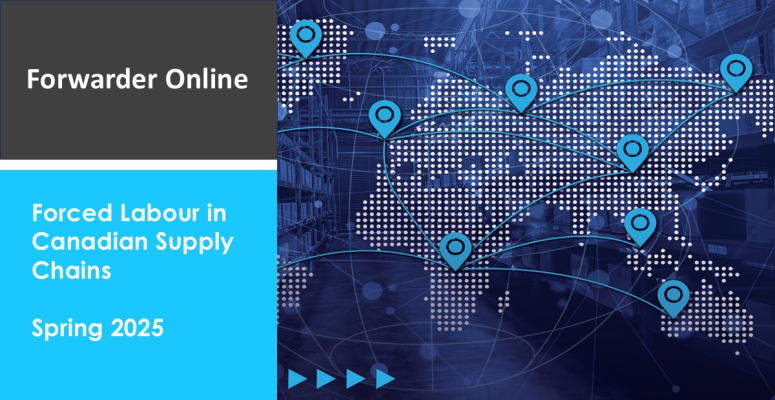
Forced Labor in the Logistics Industry: Unmasking the Shadows
In the interconnected web of global supply chains, the issue of forced labor casts a long, dark shadow. The logistics industry, tasked with the movement and distribution of goods across borders, is not exempt from this pervasive problem. This blog aims to shine a light on the presence of forced labor within the logistics sector and to provide a rallying call for companies to take meaningful action.
Forced labor, a stark violation of human rights, takes many forms within the logistics industry. From coerced debt bondage to human trafficking and modern-day slavery, workers find themselves ensnared in situations of immense vulnerability. This practice, though often hidden, leaves behind a trail of suffering that demands our attention.
The insidious nature of forced labor requires a discerning eye. Recognizing the signs is crucial. Whether it’s the confinement of movement, deplorable working conditions, or withheld wages, the indicators are there. Through real-life stories and examples, we uncover the harrowing realities that victims of forced labor face daily.
Legal and Ethical Obligations
The world has spoken, and the message is clear: forced labor is an affront to human dignity. International standards and legal frameworks, such as the ILO’s Forced Labour Convention (No. 29) and the UN Guiding Principles on Business and Human Rights, establish the moral imperative for companies to act. It is our collective responsibility to uphold these principles.
Supply Chain Due Diligence
To combat forced labor effectively, we must first understand its intricacies within the supply chain. Thorough mapping and risk assessments uncover the vulnerable points where exploitation may occur. Rigorous supplier vetting and regular audits are essential components of due diligence, ensuring compliance with labor standards.
Supplier Engagement and Collaboration
Transparency and collaboration are at the heart of any successful anti-forced labor effort. Engaging suppliers in open dialogue establishes a foundation of trust and accountability. By partnering with suppliers who share our commitment to eradicating forced labor, we forge a path towards a more ethical supply chain.
Collaborative Initiatives and Industry Partnerships
Individual efforts, while commendable, are not enough. The battle against forced labor requires collective action. Industry-wide initiatives and partnerships offer a platform for companies to unite in their commitment to eradicate this scourge from our supply chains.
Worker Empowerment and Education
Empowering workers is central to dismantling the chains of forced labor. Education and awareness programs provide the knowledge and tools needed to identify and report abuse. Establishing grievance mechanisms creates safe channels for workers to seek help and justice.
Training and Capacity Building
The journey towards a forced labor-free logistics industry demands training and capacity building. From the ground level to the boardroom, education is key. Implementing policies that prioritize human rights and ethical labor practices reinforces our collective commitment to change.
Join CIFFA’s online virtual workshop on November 30, 2023 as we provide an overview of the application of the U.S. Uyghur Forced Labour Prevention Act and its relevance to Canadian companies, as well as the Canadian laws aiming to eradicate forced labour and child labour from Canadian supply chains, to ensure Canadian companies do not contribute to human right abuses.



